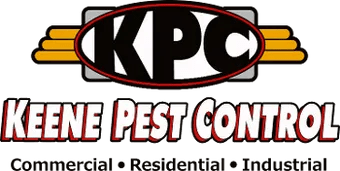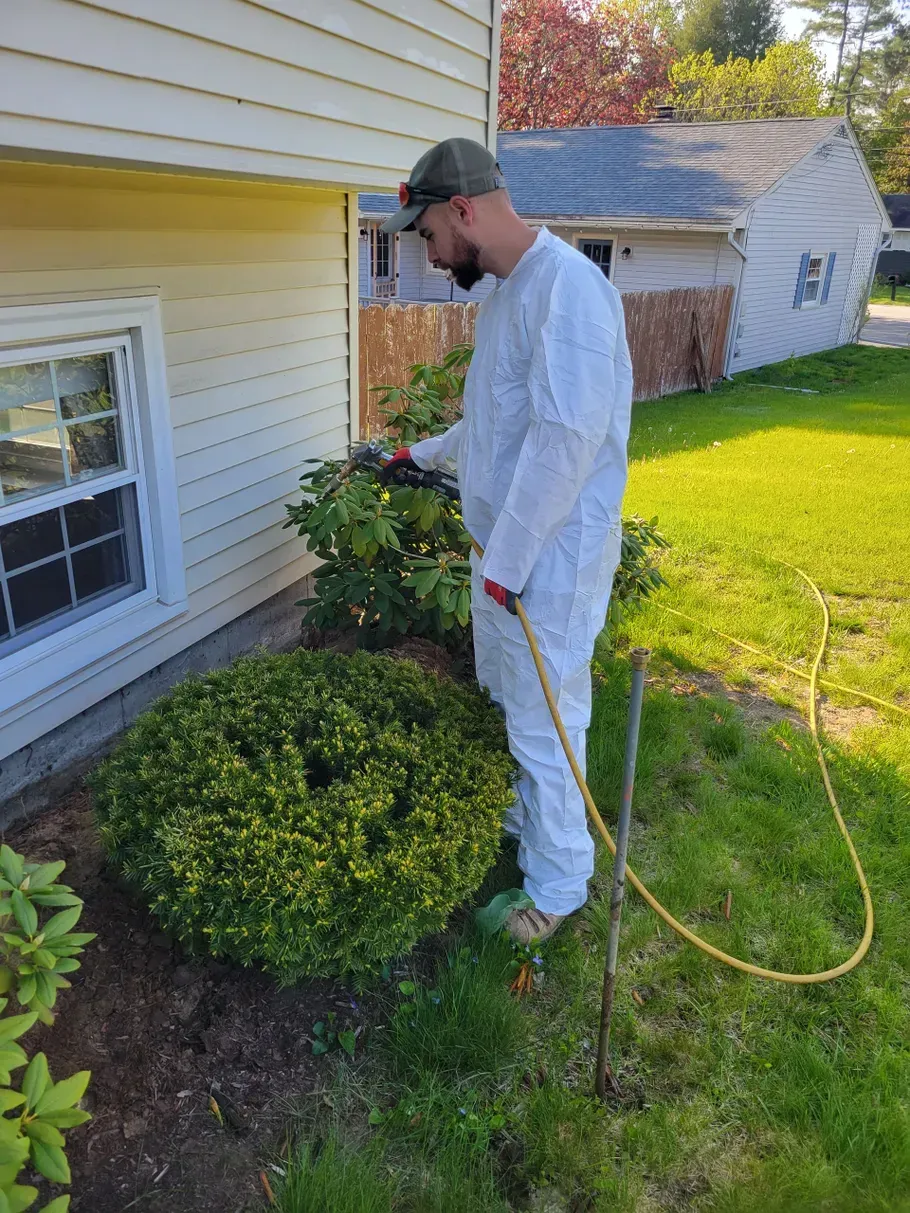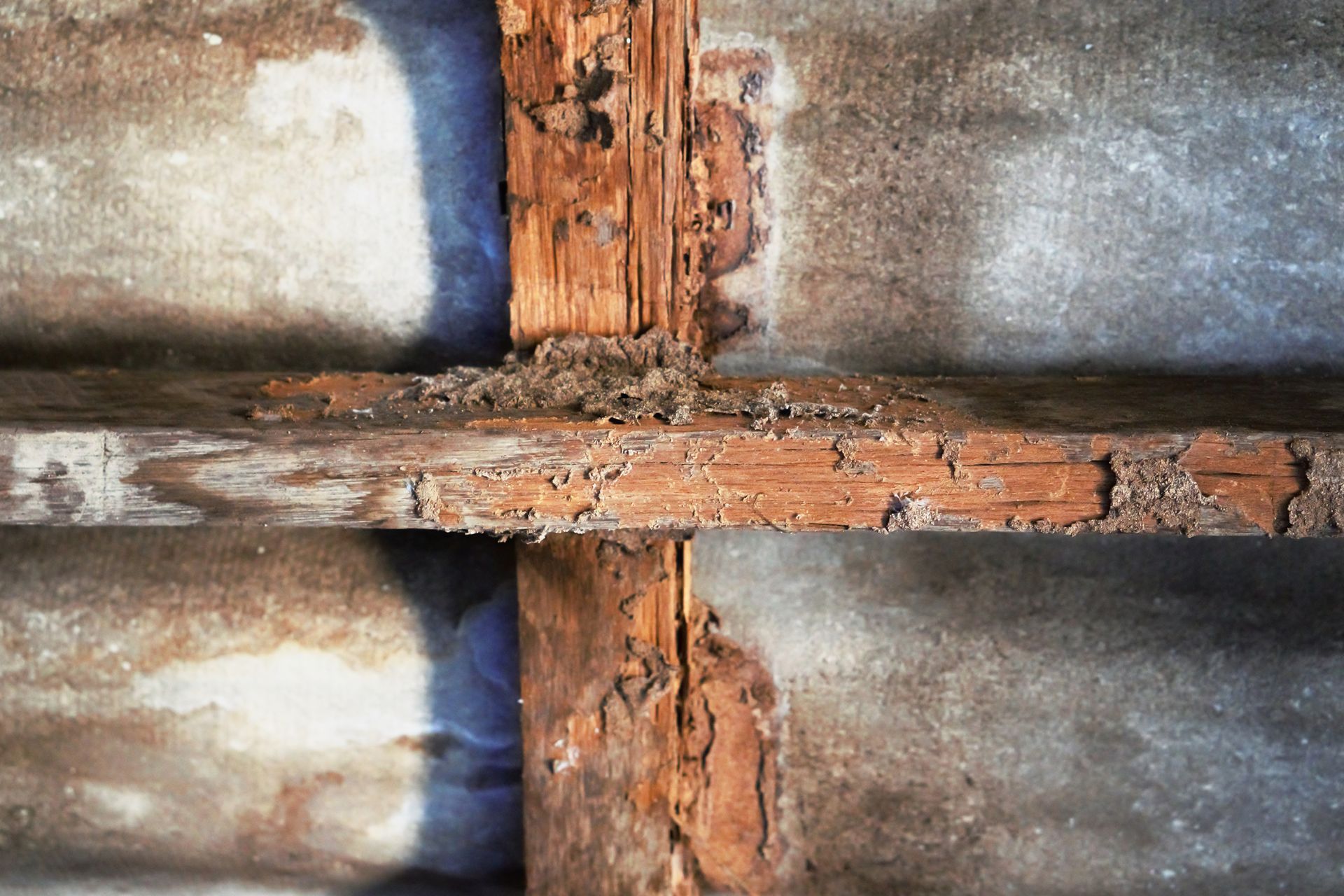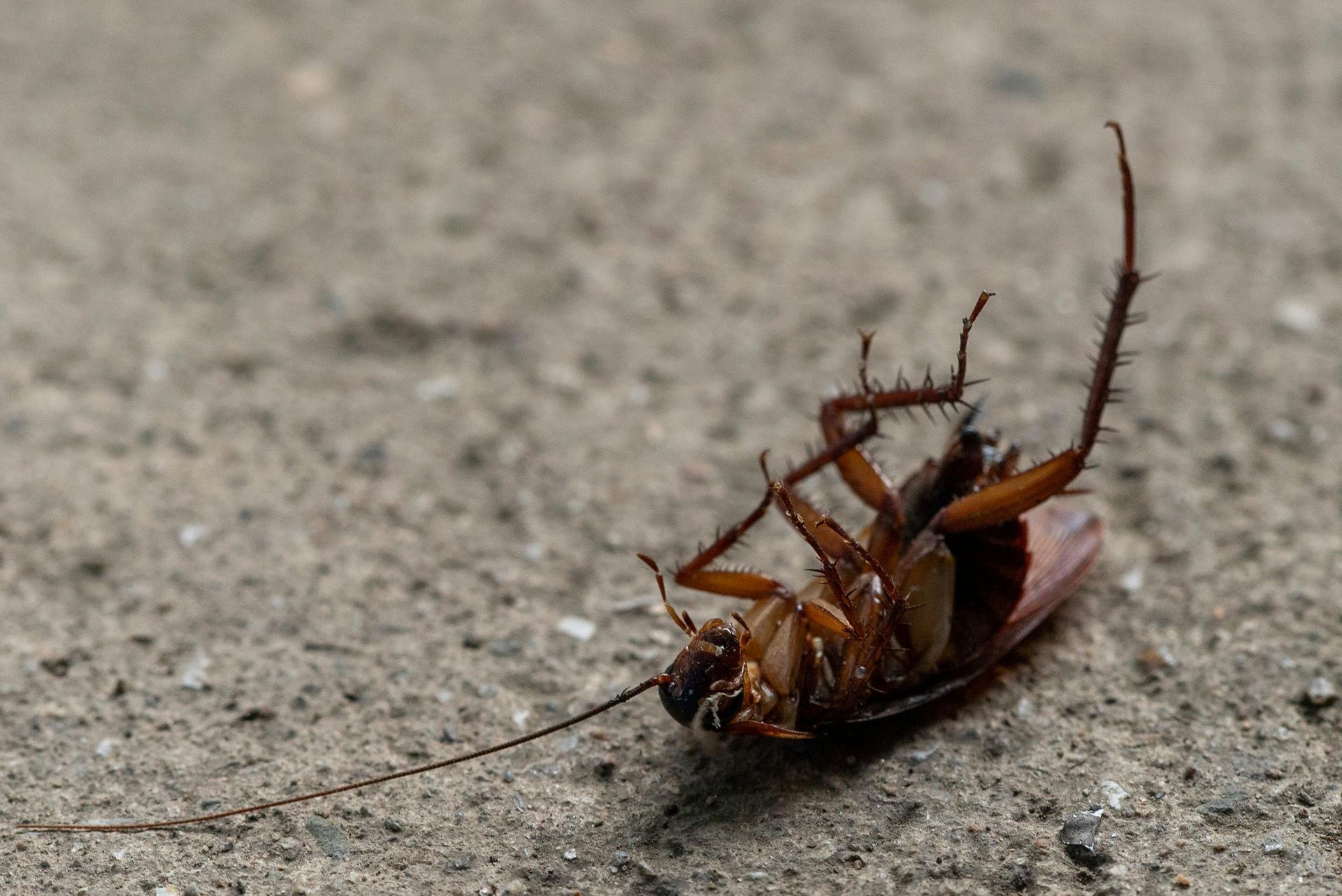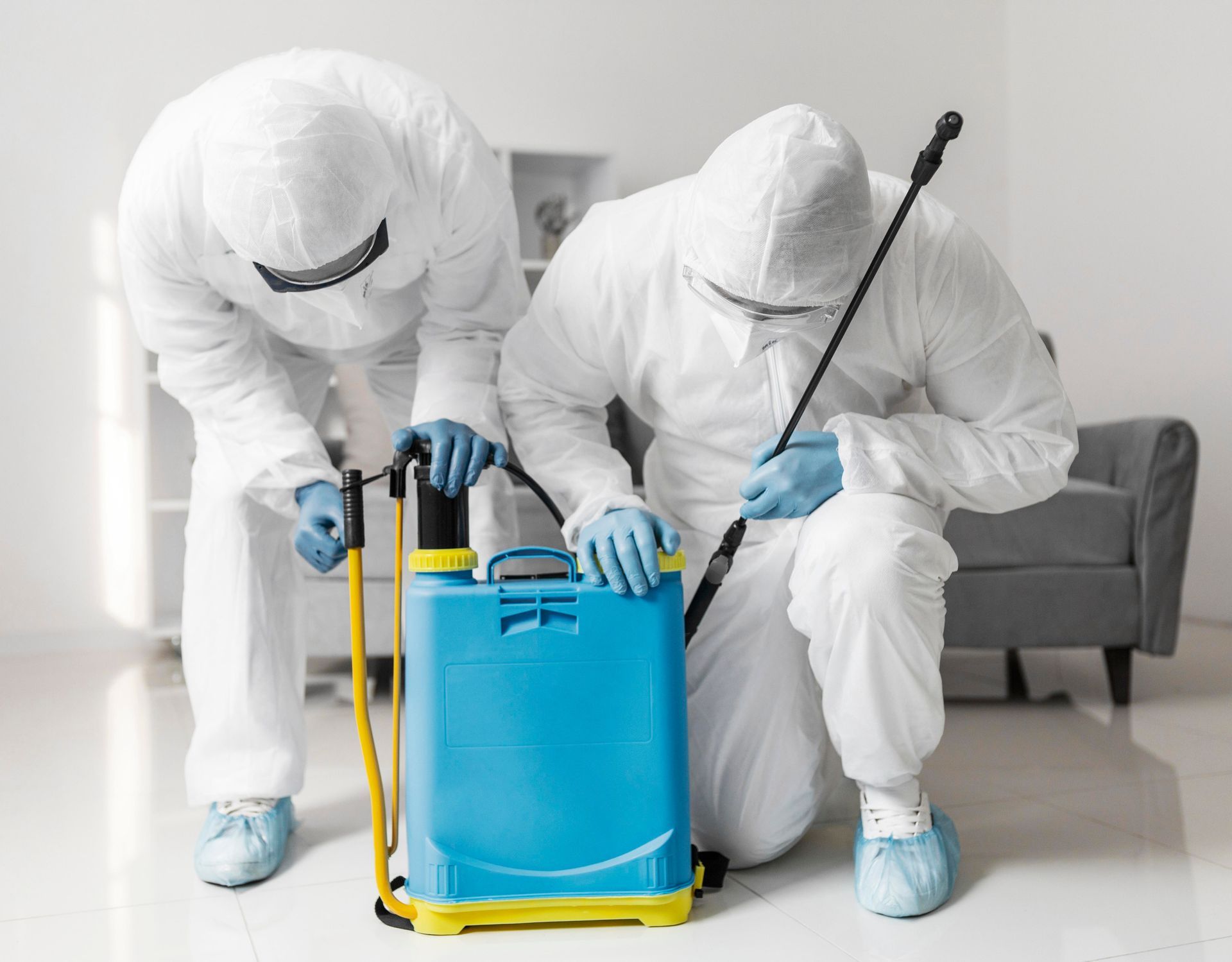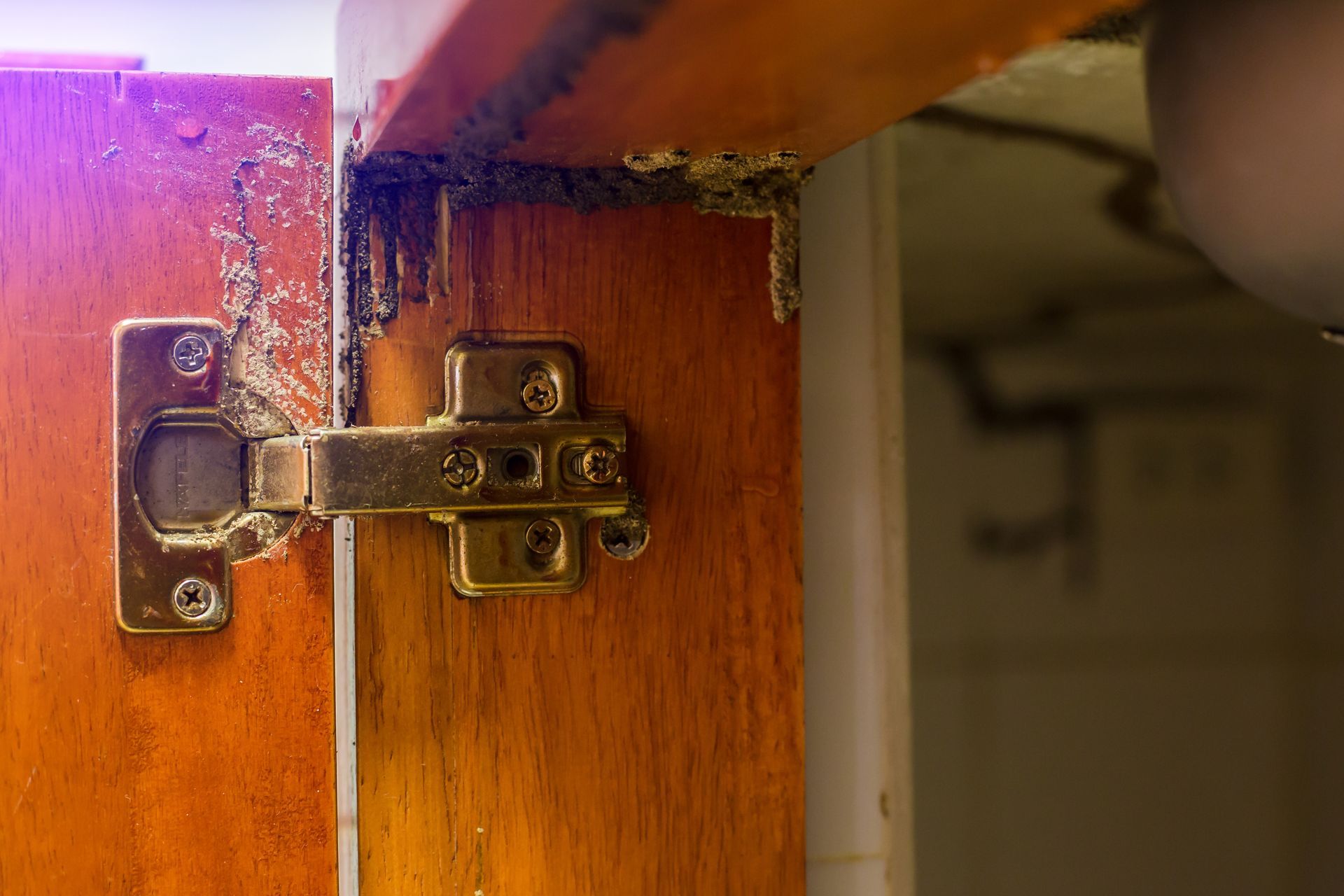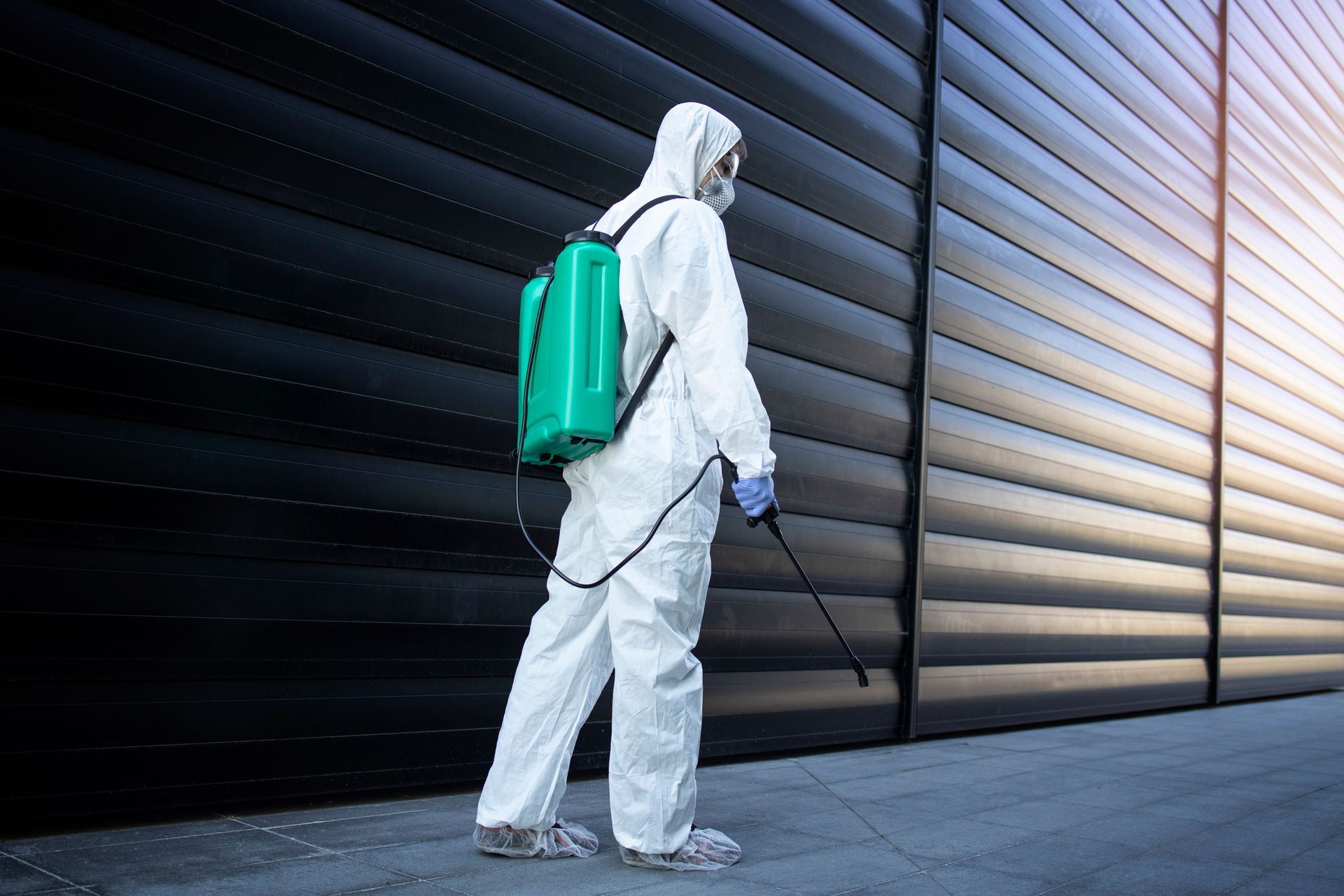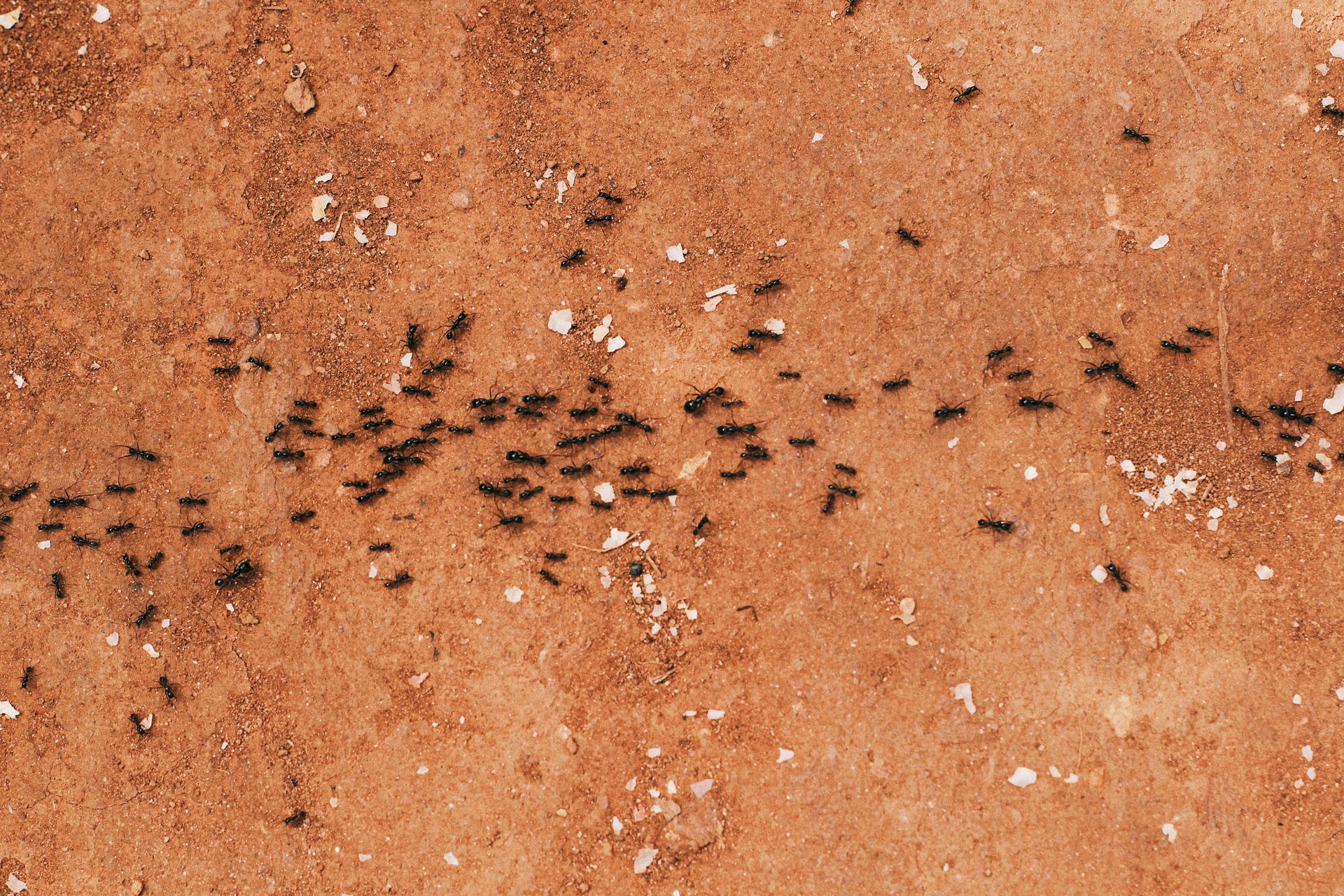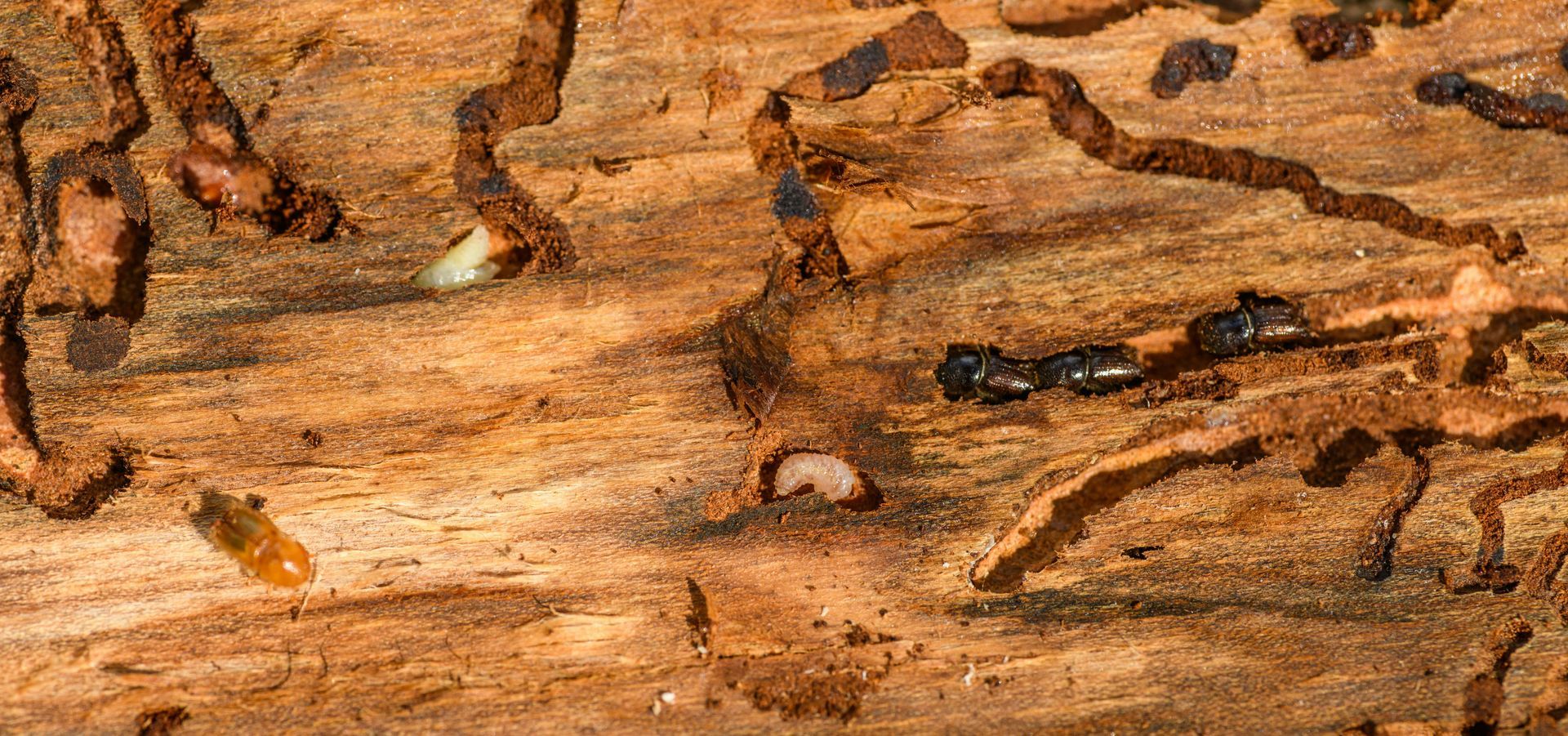Keene Pest Control
Natural Pest Control Solutions: Safe and Effective Alternatives
Pests can quickly turn your home or business into an uncomfortable and unhygienic space. However, traditional chemical-based pesticides often come with health risks and environmental concerns. Fortunately, natural pest control solutions offer a safer, eco-friendly way to manage unwanted invaders without compromising your well-being.
At
Keene Pest Control, we specialize in providing effective and sustainable pest control service options in Drewsville, NH. In this guide, we'll explore the best natural methods for pest prevention and removal.
1. Essential Oils as Natural Repellents
For centuries, people have relied on the natural insect-deterring capabilities of essential oils. Many of these oils are effective in deterring pests without harming humans or pets. Some of the best essential oils for natural pest control include:
- Peppermint Oil – Repels ants, spiders, and rodents. Soak cotton balls in peppermint oil and place them in areas where pests enter.
- Lavender Oil – Keeps mosquitoes and moths away. Spraying diluted lavender oil around windows and doors can act as a natural barrier.
- Tea Tree Oil – Effective against bedbugs and lice. To apply, combine a small amount with water and mist the areas where pests are present.
- Eucalyptus Oil – A strong deterrent for flies and cockroaches. Use it in diffusers or as a spray.
- Lemon Oil – Known to repel fleas and flies while adding a refreshing scent to your space.
- Cedarwood Oil
– Helps keep moths, ants, and ticks at bay.
These oils are not only effective in keeping pests at bay but also add a pleasant fragrance to your home. For the best results, apply them regularly and in targeted areas.
2. Natural Pest Control Using Diatomaceous Earth
Diatomaceous earth (DE) is a powerful, natural solution for eliminating a variety of pests. This fine, powdery substance is made from fossilized algae and works by dehydrating insects upon contact. Here’s how to use it:
- For Ants and Cockroaches – Sprinkle DE along baseboards, entryways, and areas where you've seen these pests.
- For Fleas and Bedbugs – Lightly dust DE on carpets, pet bedding, and mattresses. Let it sit for a few hours before vacuuming.
- For Garden Pests – Apply DE around plants to prevent aphids and slugs from damaging your crops.
- For Stored Food Protection – A light sprinkle in pantry corners can deter pests like beetles and moths.
It's crucial to select food-grade diatomaceous earth, ensuring it's harmless for both people and animals. Additionally, DE works best in dry conditions, so reapply it after any exposure to moisture.
3. Biological Pest Control Methods
Utilizing nature's own predators to regulate pest numbers is the core of biological pest control. This method is commonly used in gardens and farms but can also be applied around homes. Here are some effective biological controls:
- Ladybugs and Lacewings – These insects feed on aphids, mites, and other garden pests.
- Nematodes – Microscopic worms that target grubs, fleas, and termites.
- Barn Owls and Bats – Encourage these natural predators by setting up nesting boxes. They help control rodent and mosquito populations.
- Chickens and Ducks – If you have space, these birds are excellent at reducing tick and beetle populations.
- Praying Mantises – Natural hunters that prey on various small insects, helping maintain balance in your garden.
By introducing beneficial species into your environment, you can maintain a natural balance that keeps pest problems under control.
4. Home Remedies for Pest Prevention
Simple household items can serve as effective pest deterrents. Consider these DIY solutions:
- Vinegar Spray – Mix equal parts vinegar and water to repel ants and fruit flies.
- Cinnamon and Coffee Grounds – Sprinkling these around entry points can deter ants and other crawling insects.
- Cedarwood – Using cedar chips or cedar oil can keep moths, cockroaches, and termites away.
- Homemade Traps – DIY fruit fly traps using apple cider vinegar and dish soap can capture and eliminate these tiny nuisances.
- Cucumber Peels – Ants and cockroaches dislike cucumbers, so placing peels in key areas can help deter them.
- Bay Leaves
– Adding bay leaves to stored grains and pantry shelves can help keep weevils and other pests away.
Regular use of these home remedies can reduce the need for chemical pesticides and keep your home pest-free.
5. Integrated Pest Management (IPM) for Long-Term Control
Integrated Pest Management (IPM) is a comprehensive approach that combines multiple natural pest control strategies. It focuses on:
- Eliminating Entry Points – Sealing cracks, repairing screens, and blocking gaps can prevent pests from entering.
- Reducing Attractants – Properly storing food, disposing of garbage, and keeping the home clean minimizes pest infestations.
- Regular Monitoring – Keeping an eye on potential problem areas allows for early intervention before a full-blown infestation occurs.
- Using Natural Barriers – Installing mesh screens, using sticky traps, and applying natural deterrents like DE and essential oils.
- Encouraging Beneficial Insects – Maintaining a healthy ecosystem in your yard by planting flowers that attract helpful pollinators and insect predators.
At Keene Pest Control, we specialize in customized IPM solutions that fit your specific needs, ensuring effective and eco-friendly pest management.
Contact Keene Pest Control for Professional Natural Pest Control Services in Drewsville, NH
While DIY natural pest control solutions can be effective, some infestations require professional intervention. At
Keene Pest Control, we offer expert pest prevention and removal services using eco-friendly and non-toxic methods. Our team is dedicated to keeping your home and business pest-free while prioritizing your safety and the environment.
If you're dealing with a persistent pest problem, don't hesitate to reach out. Call Keene Pest Control today at
(603) 352-7336 to schedule an appointment. We’re ready to battle
ants,
termites,
bed bugs, and more. Let us help you maintain a healthy, pest-free space with our professional and natural pest control services.
FAQs
Are natural pest control methods as effective as chemical treatments?
Yes, many natural pest control methods are just as effective as chemical treatments when applied correctly. They may require more frequent application but are safer for humans, pets, and the environment.
Can I use essential oils for all types of pests?
Essential oils work well for repelling common household pests like ants, mosquitoes, and spiders. However, for severe infestations or pests like termites, professional treatment may be necessary.
How long does diatomaceous earth take to work?
Diatomaceous earth starts working as soon as pests come into contact with it. It can take a few hours to a few days to see results, depending on the severity of the infestation.
What is the best way to prevent pests naturally?
Preventative measures such as sealing entry points, keeping your home clean, using natural repellents, and applying Integrated Pest Management strategies are the best ways to prevent pests naturally.
When should I call a professional pest control service?
If DIY methods aren't controlling the infestation or if you notice an increase in pest activity, it’s best to call a professional. Keene Pest Control provides safe and effective natural pest control services to ensure complete pest elimination.
